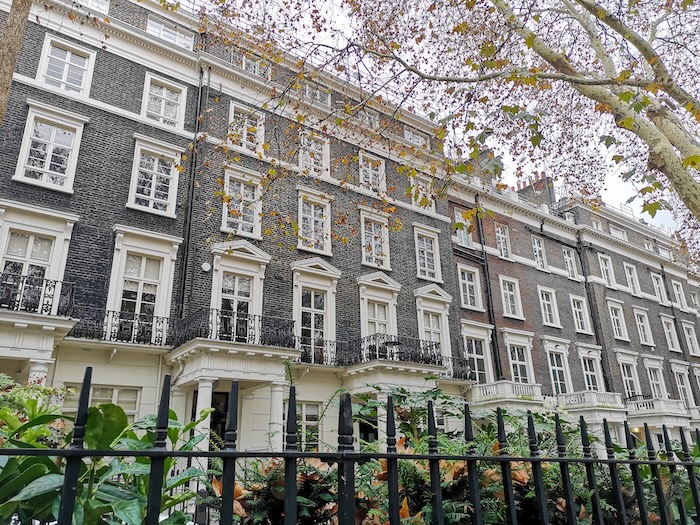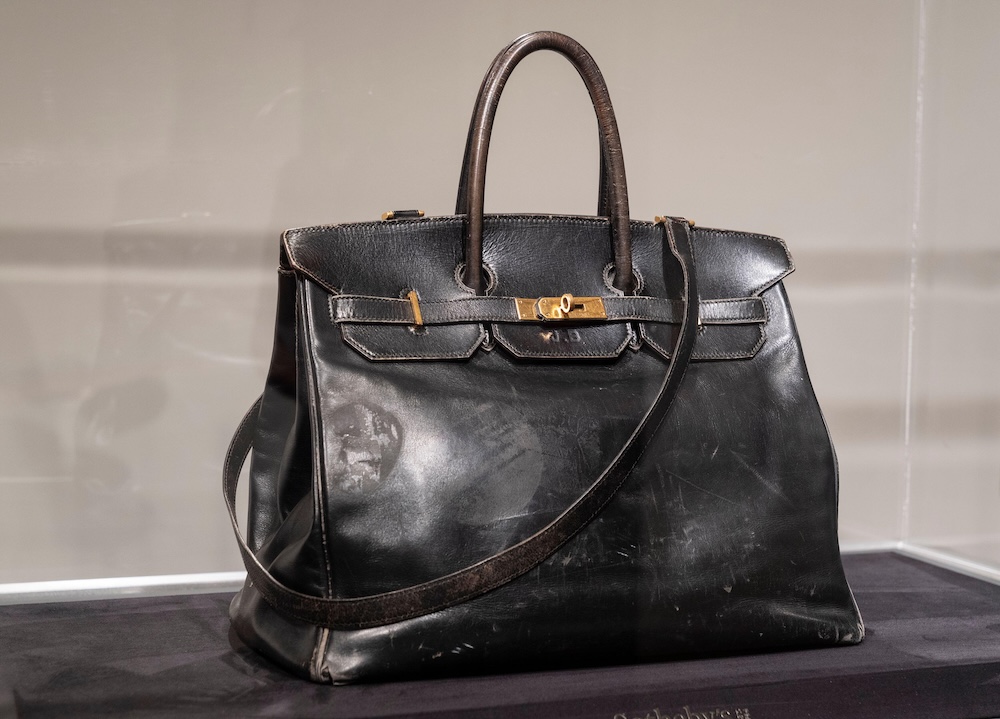Owning or occupying an apartment comes with a range of insurance considerations that are often misunderstood or overlooked. While the building itself is typically insured under a block policy arranged by the managing agent, this cover rarely extends to everything inside the apartment or to the occupier’s legal responsibilities. From contents, valuables and tenants’ improvements to personal liability and legal expenses, understanding what insurance cover is required is essential to ensure you are fully protected – whether you are an owner-occupier, tenant or landlord.
-
- General Contents, Art & Antiques and Jewellery & Watches belonging to the occupier. Cover for all such items is provided for damage or loss often on a worldwide basis usually by the following causes; Fire, Explosion, Smoke, Lightning, Earthquake, Storm or Flood, Theft or Attempted Theft, Malicious Damage, Escape of Water from any fixed water installation, draining installation or heating installation, Accidental Damage & Accidental Loss.
-
- Tenants Improvements (Fixtures & Fittings) including Bathrooms, Kitchens, Fitted Cupboards, Fitted Flooring excluding Carpets which should be included within General Contents.
Please note the overarching insurance policy for the Building, which is normally arranged via the managing agent, may include this cover automatically, but any improvements made by the leaseholder or owner would need to be notified to the managing agent to ensure sufficient cover is in place. Some Buildings insurance policies purely cover the fabric of the property and do not cover any improvements made by the occupier/owner. In any event, cover can be included within a Contents insurance policy arranged by the owner/occupier.
Reference should also be made to the terms of the lease agreement which may override any covers in place on the overarching Buildings Insurance policy.
-
- Contents policies automatically provide cover for Personal Liability and Employers Liability in respect of Domestic Employees. This cover is usually a minimum of £5,000,000 in respect of Personal Liability and £10,000,000 for Employees Liability. Policies provide protection against legal expenses and damages if the policyholder or family members residing at the home are held liable for third-party bodily injury or property damage. It covers worldwide incidents, employer liability for domestic staff, and specialised areas like libel, slander, or public access to property.
Key components of personal liability cover in a Household policy typically include:
Worldwide Personal Liability: Protects against claims for accidents occurring anywhere in the world, not just at home.
Property Owner’s Liability: Covers incidents involving the home(s), including land, gardens, and, in some cases, holiday or second homes.
Domestic Staff Employer’s Liability: Protects against claims from household employees (e.g., housekeepers, gardeners) for injuries sustained while working.
Legal Expenses/Defence Costs: Covers legal fees for defending claims, as well as potential compensation payments for injuries, property damage, or wrongful eviction.
Public/Visitor Liability: Covers claims if a visitor is injured on the property.
-
- Contents policies usually extend to cover Legal Expenses for employment disputes, contract disputes, bodily injury, clinical negligence, property protection, tax protection, legal defence, jury service and court attendance, education admissions appeals and planning application refusal and appeals.
-
- Cover is usually provided for Home Emergencies for example: Plumbing and drainage, heating failure, power supply failure, toilet until, home security, lost or stolen keys and vermin infestation.
-
- If the occupier is a tenant and is renting the apartment on a short-term tenancy agreement, all of the above covers except Fixtures and Fittings belonging to the landlord are still relevant and a Household Contents policy should still be taken out. In addition, many policies also extend to include Tenants Liability where the occupier becomes legally liability for damage caused to the Building and Landlords Contents.
-
- If the owner is not the occupier and is a landlord renting out their apartment, a Landlords Policy should be taken out to cover Landlords Fixtures and Fittings (if not covered by the block policy), and Landlords Contents. A Landlords policy will provide cover for the events listed above and can often be extended to include Accidental Damage & Theft by the Tenant and sometimes even Rent Guarantee. Landlords Legal Expenses would be specific to a property rental and would extend to cover disputes with tenants. These policies would also include Property Owners Liability.
Get in touch for help and advice
If you have any concerns or queries on your insurance cover please don’t hesitate to speak to us.
You can call any of the team on 0203 002 9859 or email pcl@jameshallam.co.uk





 We are delighted to spotlight Danielle Wilson, one of our brilliant Client Advisers and a valued member of the team. Danielle brings a wonderful blend of expertise, warmth, and local insight that makes her an absolute asset to both colleagues and clients.
We are delighted to spotlight Danielle Wilson, one of our brilliant Client Advisers and a valued member of the team. Danielle brings a wonderful blend of expertise, warmth, and local insight that makes her an absolute asset to both colleagues and clients. We are delighted to spotlight Blake Alford, one of our accomplished Senior Client Advisers and a valued member of the team. Blake brings an impressive depth of experience, technical expertise, and a genuine commitment to client service that makes him an invaluable asset to both colleagues and clients.
We are delighted to spotlight Blake Alford, one of our accomplished Senior Client Advisers and a valued member of the team. Blake brings an impressive depth of experience, technical expertise, and a genuine commitment to client service that makes him an invaluable asset to both colleagues and clients. We’re delighted to spotlight Cherry Markham, one of our dedicated Senior Client Advisers within the Private Clients Team, based in our London office. Cherry is known for her calm, thorough approach and her commitment to delivering excellent service to every client she supports.
We’re delighted to spotlight Cherry Markham, one of our dedicated Senior Client Advisers within the Private Clients Team, based in our London office. Cherry is known for her calm, thorough approach and her commitment to delivering excellent service to every client she supports.





